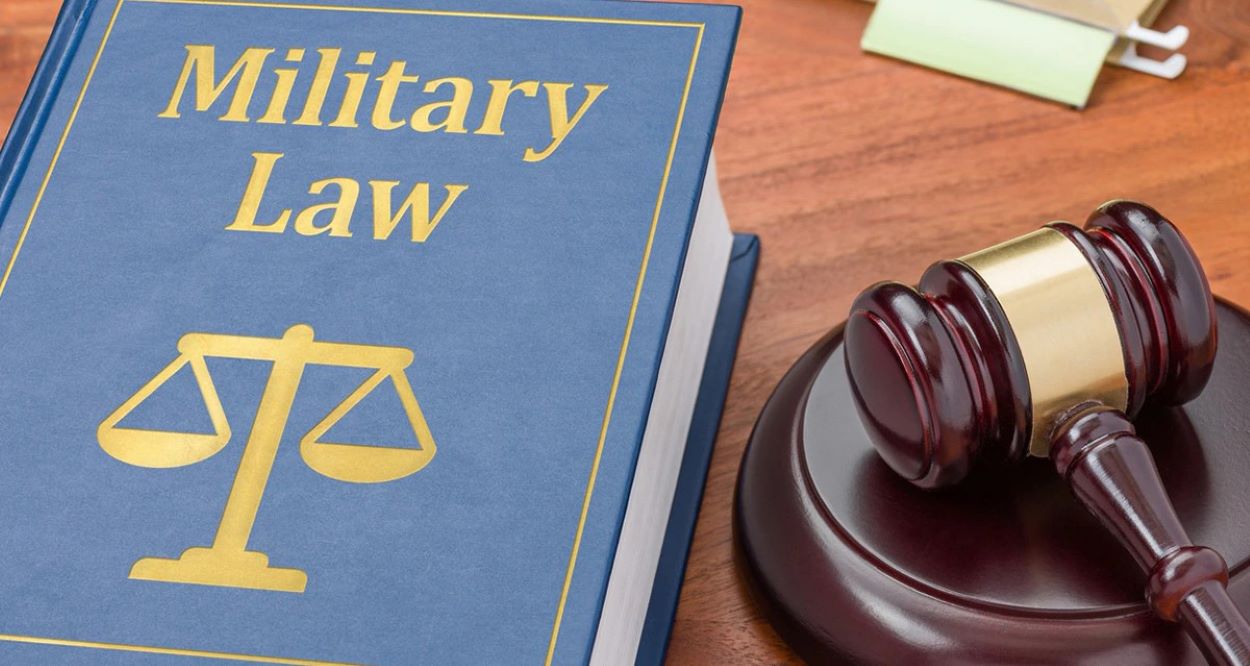The Supreme Court of Pakistan has officially authorized military courts to pronounce judgments on 85 accused individuals involved in the trials of the May 9th riots.
The Supreme Court’s authorization, however, comes with a stipulation: the verdicts issued by the military courts will remain contingent upon the resolution of an ongoing case in the Supreme Court concerning the jurisdiction of military courts.
The decision to allow military courts to proceed with these verdicts underscores the judicial system’s layered approach to military and civilian court interactions. By conditioning the military court’s decisions on the Supreme Court’s pending case, the judicial system maintains a checks-and-balances system, ensuring that the military court’s jurisdiction aligns with constitutional mandates and legal precedents.
The Supreme Court’s decision to grant such permissions reflects the complex nature of legal jurisdictions and the oversight required to balance military judicial actions with civilian judicial review. Once the Supreme Court delivers its verdict on the jurisdictional authority, the outcomes of these cases could potentially influence future operations and the scope of military courts in Pakistan.
Read: Supreme Court Strikes Down Civilian Trials by Military Courts in Landmark Ruling






